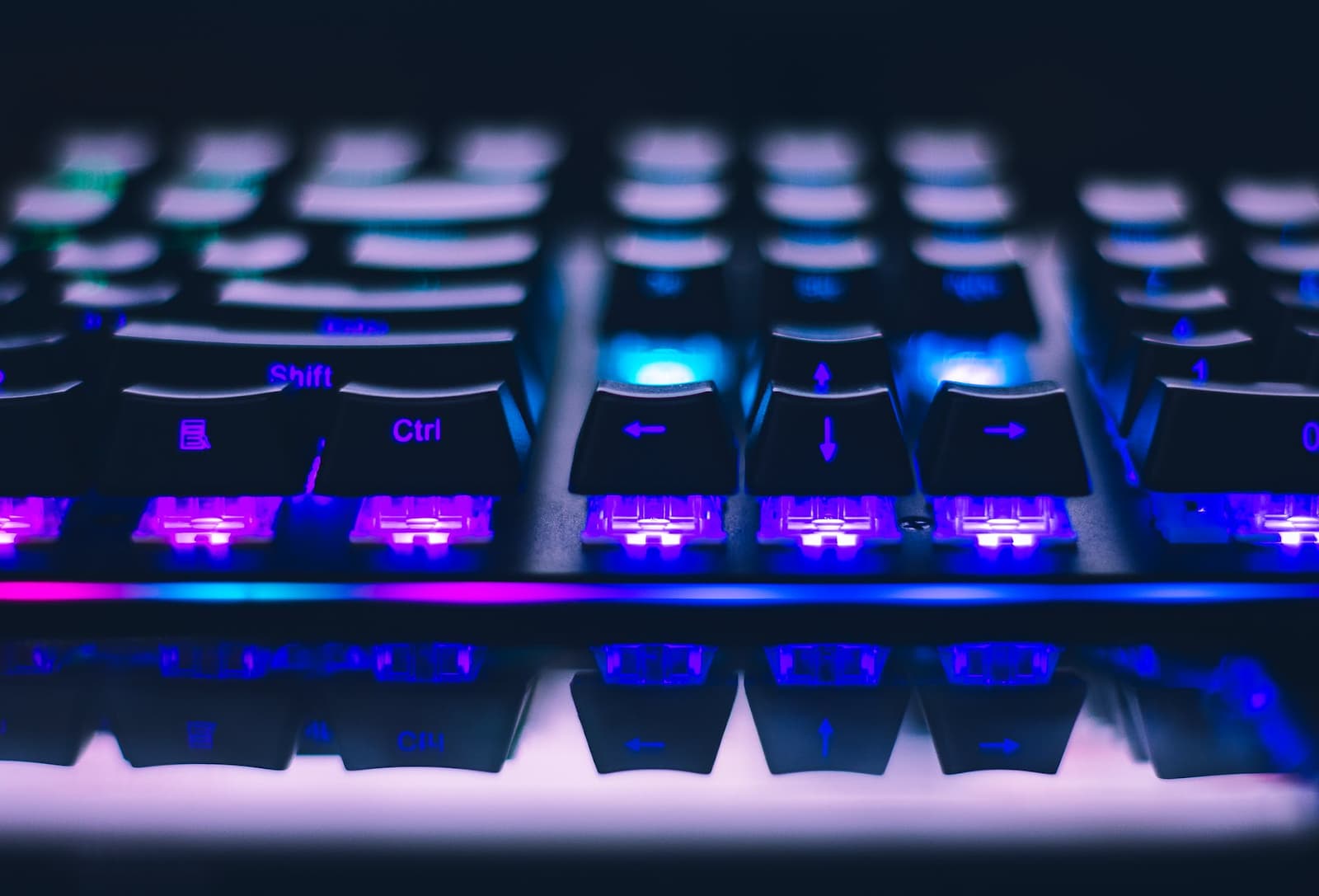In this article we will try to give an overview of solutions to extend the life of our PC. If we consider this issue comprehensively, we will see several issues.
I.Temperature
A modern PC consumes quite a lot of energy and converts it into heat. This leads to heating of its most important elements – the processor and hard disk drive (HDD). At the same time, the processor can withstand heating up to 80-90 degrees, and for HDD above 45 ° is already critical. If the processor simply turns off during overheating, then the hard drive may fail (and with it all the information that you saved there will be lost).
Fan coolers are responsible for cooling the processor and hard drive. (This does not apply to passive and water cooling systems). In a modern PC, there are at least two such coolers: one cools the power supply, the other cools the processor. If you have a discrete graphics card, another cooler is added. Plus one can stand in the case.
How well do they do their job? This can be determined in several ways.
Firstly, with the help of the BIOS (who does not know what it is – see Wikipedia). On the tab, you will see all the parameters: the temperature of the processor (CPU) and the hard disk (HDD). It is clear that the method is not convenient and it is impossible to use it all the time.
Secondly, with the help of programs that provide complete information about all the components of your PC. For instance, Everest or PC wizard.
But they do not control the temperature on-line.
And finally, the third way, perhaps the best.
To control the processor, we can use the SpeedFan program, and to control the hard drive – HDDlife.
In addition to temperature alerts, they provide additional information about the status of devices.What do we do when we overheat? We supplement the system with fans in the hard drive and in the system unit. You can also lower the temperature by software, but that’s a different story.
When installing additional fans, there are two minuses – increased power consumption and noise.
Conclusions: When buying a PC, pay attention to the presence of additional fans or at least places for their installation, the presence of ventilation holes, and the larger the case, the better the cooling.
II. Dust
Dust surrounds us everywhere and always. We fight it or don’t fight it, with varying degrees of success. The vast majority of users will carefully wipe the monitor, keyboard and case with a soft cloth. Instead of a rag, special napkins can be used. But, having taken care of the appearance, we forget about the rich inner world, i.e. about PC components.
With internal fans, our computer turns into a fairly powerful vacuum cleaner, sucking in all the uncleaned dust. Dust is an electrical conductor and can short circuit electronics. Settling on the surface, it impairs heat transfer, which leads to overheating.
Therefore, we clean the computer from dust not only outside, but also inside. How?
We disconnect the PC from the network and from the periphery. On the back panel, we unscrew the cover screws or snap off the latches. We remove the covers.
To remove the difference in electrostatic voltage, it is necessary to touch the metal parts of the case.To remove dust, you can use a vacuum cleaner, napkins, and a soft brush. To avoid damage to the motherboard, try not to touch it. To blow out dust in hard-to-reach places, use special cans of compressed air, which are sold in computer stores.
For beginners, this is enough. Those who are friends with a screwdriver can disassemble and clean the power supply.
Conclusions: clean your PC at least once a month, place it in the least dusty places and in no case on the floor (minimum distance from the floor is 5 cm).
III. Viruses
The topic of viruses and antiviruses deserves a separate (and not just one) article, so I will limit myself to advice.
Antivirus must be installed! Bad or good, paid or free. Must! Plus to it a firewall.
In addition, there are online virus scan sites such as McAfee FreeScan, or BitDefender Online Scanner.
Attention! There are fake antiviruses on the network that imitate the infection of your PC, and then offer to cure it for money, or download real viruses to your computer.
Conclusions: An antivirus program must be installed on your PC.
IV. Data
The main thing in the PC is information. In order to protect yourself from its loss, it is necessary to make backup copies of all important data. Clonezilla, Areca Backup or others can help with this.
Backups can be stored on the main hard drive, secondary drive, external drive, CD/DVD, flash drive, or even on the network.


